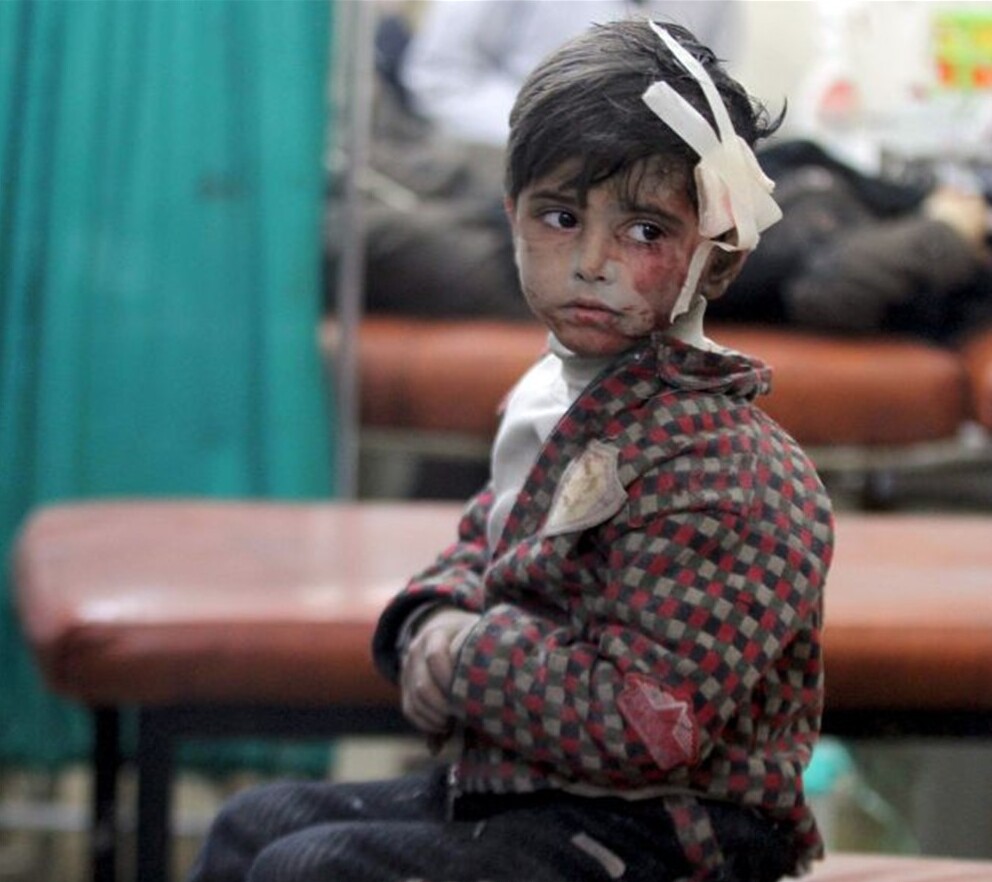- Friday, June 13, 2025
- Stay Connected
 Abraham Lincoln
If given the truth, the people can be depended upon to meet any national crisis...
Abraham Lincoln
If given the truth, the people can be depended upon to meet any national crisis...
 Guildford news...
for Guildford people, brought to you by Guildford reporters - Guildford's own news service
Guildford news...
for Guildford people, brought to you by Guildford reporters - Guildford's own news service
Children’s DNA Changed by War, Says University of Surrey Research
Published on: 20 Nov, 2024
Updated on: 20 Nov, 2024
A ground-breaking study from the University of Surrey has found that war may cause adverse biological changes at the DNA level to children living in war-torn countries which could have lifelong health impacts.
The effect is in addition to mental health problems and girls are more significantly affected than boys, the study showed.
In the first study of its kind, the research team collected saliva samples from 1,507 Syrian refugee children, aged 6 to 19, living in informal settlements in Lebanon. They analysed DNA methylation (DNAm), where chemical tags are added to DNA. These DNAm changes can turn genes on or off without changing the DNA code.
Questionnaires, completed by both the children and their caregivers, were used to measure exposure to the war-related events experienced by the child.
The work showed that some of the changes were linked to genes involved in critical functions like neurotransmission (how nerve cells communicate) and intracellular transport (how materials move within cells).
These specific changes are not known to be present in other forms of trauma, like poverty or bullying, suggesting that war may trigger unique biological responses in the body.
Professor Michael Pluess, School of Psychology at the University of Surrey, said: “While it’s common knowledge that war has an adverse impact on the mental health of children, our study has found evidence of the biological mechanisms underlying this effect.
“We also found that war is linked to slower epigenetic ageing – which could mean that war could be impacting the development of children.
“All told, our study paints a clearer picture of the tragic cost of war, beyond the mental stress, for the many millions of children caught in the middle of it.”
While both boys and girls were affected, girls showed a stronger biological response to war exposure, suggesting that they may be more vulnerable to the long-term effects of trauma at a molecular level.
The University of Surrey carried out the study in collaboration with University College London, the Institute for Development, Research, Advocacy and Applied Care, Lebanon, St Georges University Lebanon, and a leading international NGO. The research was funded by the National Institutes of Health (NIH).















Recent Comments